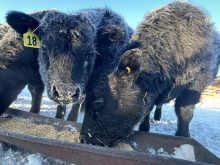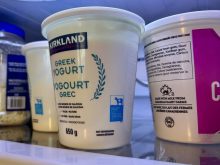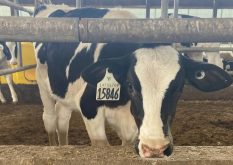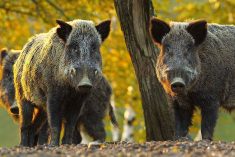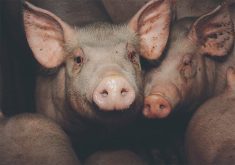German researchers have found that piglets fed probiotic Enterococcus faecium showed reduced numbers of potentially pathogenic Escherichia coli strains in their intestines, the American Society for Microbiology says in a release.
Researchers were looking for alternatives to antibiotics for reducing pathogens in the intestines of young pigs following the EU’s ban on using antibiotics as growth promotors in 2006.
“We found a clear reduction of E. coli strains possessing typical genes for extra-intestinal pathogenic E. coli (ExPEC),” said researcher Carmen Bednorz of Freie Universitat Berlin, Germany. The reduction was particularly noticeable in strains that adhere to the intestinal mucosa (and less so in the feces), which was “very interesting,” she says, because “ExPEC typically harbour a lot of adhesion genes that promote colonization of the mucosa.
Read Also
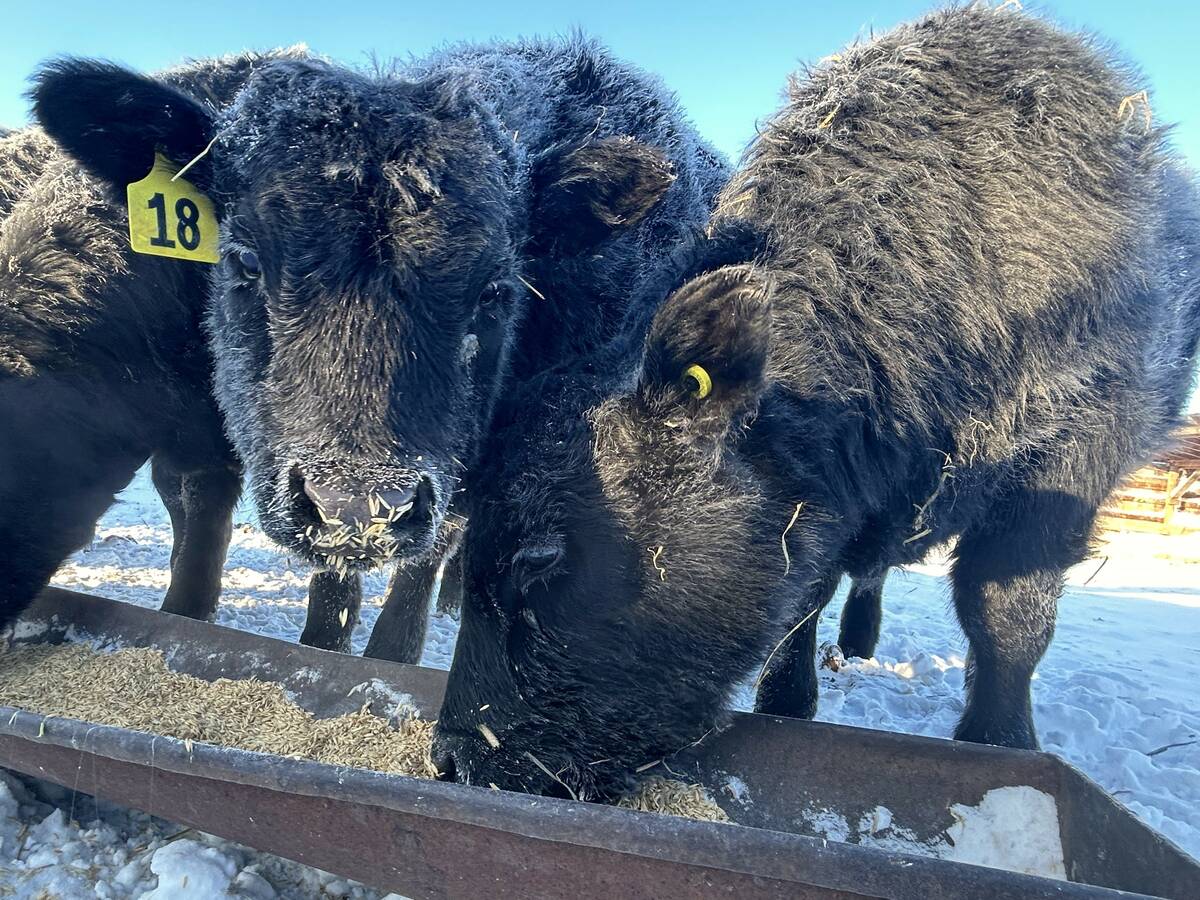
CCIA prepares to make traceability transition
The Canadian Cattle Identification Agency may not be proposing regulatory changes for traceability, but it’s the one delivering the program.
“Our data suggest that the feeding of probiotics could substitute for antimicrobials as growth promoters,” says Bednorz. “This could help to reduce the burden of antimicrobial resistance,” she adds.
The study was published ahead of print in the journal Applied and Environmental Microbiology.
In the study, Bednorz and her collaborators compared piglets fed with E. faecium to those in a control group. They collected more than 1,400 samples of E. coli from piglets of different ages, and from different parts of the intestine.
The results suggest that E. faecium inhibits pathogenic E. coli from becoming attached to the intestinal mucosa.


